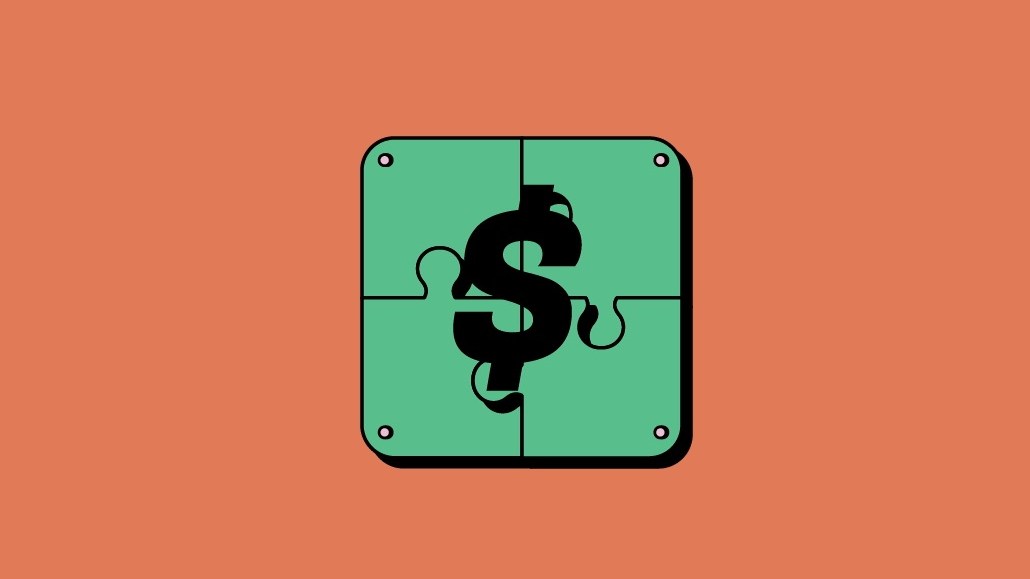Secure your place at the Digiday Media Buying Summit in Nashville, March 2-4

Tremor International has entered into an agreement to purchase Amobee from Singtel ending a months-long search that represents the closure of yet another telco’s multibillion-dollar flirtation with ad tech.
So, what’s the deal?
Tremor International yesterday (July 25) confirmed it has entered into an agreement to purchase Amobee in a proposed $239 million transaction that would be enabled by a new $100 million debt facility.
The proposed deal is expected to close in the coming weeks with Tremor also expected to obtain a $50 million revolving credit facility which the company claimed would be used to facilitate “future strategic investments and initiatives.”
And what’s the idea here?
In a statement, Tremor CEO Ofer Druker noted how the addition of Amobee’s capabilities would complement its existing ad stack, particularly as it seeks to progress its online video and CTV ambitions.
“Additionally, the Transaction would fulfill our strategy to add significant global scale and self-service growth to our demand side platform, increase our U.S. and international customer reach and data footprint, and drive more advertiser spend to our SSP [supply-side platform], Unruly,” he added.
Among the expected benefits highlighted by Tremor was the ability to scale its demand-side platform, particularly its self-service platform, within 12 months of the closure of the proposed deal. Additionally, Amobee’s CTV relationships (including a lucrative deal with U.K. broadcaster ITV) were cited as a potential boon.
What do the numbers look like?
Earlier this year, Digiday obtained documents circulated by parties attempting to facilitate Singtel’s hopes of offloading its ad tech subsidiary which suggested that gross spending on Amobee in 2020 was $700 million.
However, net spend on the platform, which includes a DSP, email marketing services plus other ad tech capabilities, was closer to $160 million that year, according to Digiday sources. In its latest announcement, Tremor claimed that spending on the platform was close to $150 million after traffic acquisition costs in the 12 months to June 30, 2022.
Another telco divests its ad tech
The completion of the deal will mean (yet another) telco has written off its earlier ad tech assets, a series of investments that Singtel had assembled at a cost of more than $1 billion over the course of 10 years.
This trend has been spelled out through several high-profile deals such as the May 2021 sale of Yahoo to private equity firm Apollo Management by Verizon, meanwhile, rival U.S. telco AT&T drew a line under its ad tech aspirations with the sale of Xandr to Microsoft later in the year.
Both of these sales were understood to have come at a significant write-down compared to the telcos’ initial investment with concerns over privacy thought to be at the heart of both companies making a U-turn on their earlier strategies.
More in Marketing

WTF are tokens?
When someone sends a prompt or receives a response, the system breaks language into small segments. These fragments are tokens.

AI is changing how retailers select tech partners
The quick rise of artificial intelligence-powered tools has reshaped retailers’ process of selecting technology partners for anything from marketing to supply chain to merchandising.

YouTube’s upmarket TV push still runs on mid-funnel DNA
YouTube is balancing wanting to be premium TV, the short-form powerhouse and a creator economy engine all at once.







